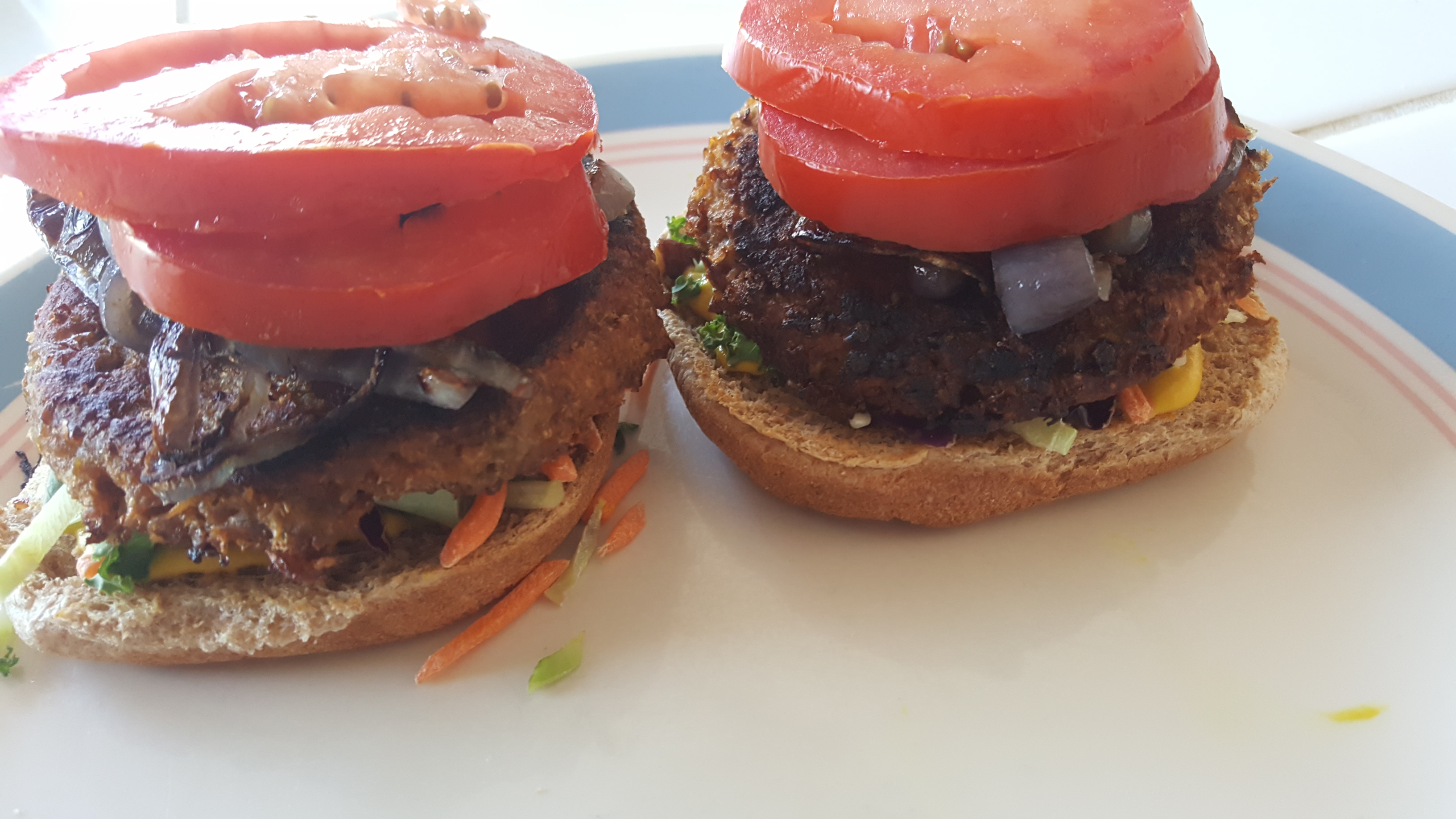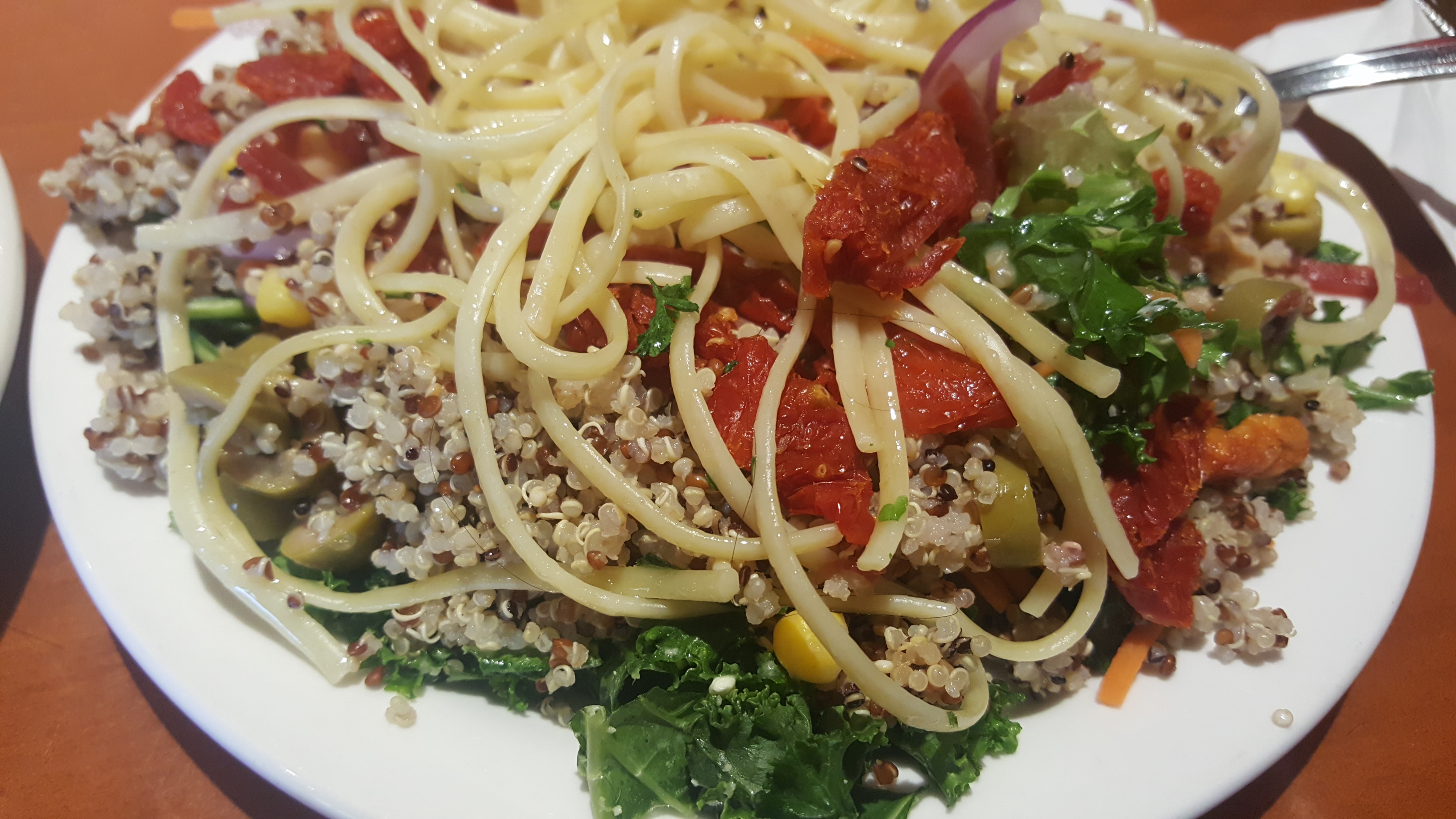Why We Eat Too Much, Move Too Little & Feel Stressed All the Time—And What We Can Do to Feel Better
[…]
What we eat
We evolved in a context of scarcity, and had to walk or run for miles and scavenge to find food; we had to work for it. When we ate, we did not know when the next time would be. When we had it, we were better off eating the high-calorie food that increased our chance of survival when hungry (greasy food feels appealing). Food was not quick to digest, stomachs also had to work hard for it: meat, fruits, vegetables, seeds, and nuts. None of these contained “easy” sugary calories. The body that was prone to starvation, evolved to eat it all when available, and store it, and be stingy in its use.
But now, food is just a few feet away, and we can easily consume thousands of calories in one serving. Fatty food, which required days and miles of hunting and scavenging to acquire, is now right there in the fridge or at the McDonald’s. It is like giving full fridge privileges to your Labrador. Easy calories like soda and candies provide a very large amount of energy in a very short amount of time and confuse the whole system. We end up fat and fatigued.
How we move
This body did not evolve to sit at a desk eight hours a day, and then lie on a couch for the rest of the day munching on high-calorie food, looking at a small or large screen. A contemporary American may only walk a few dozen steps to the car, drive to work, ride the elevator to the office, walk a few dozen steps back to the car, get drive-thru food, then be back on the couch. Suboptimal muscles use leads to weaker joint support, and weird postures cause pain. Pain leads to reduced activity, more obesity, and weaker muscles; then comes opioid epidemic, overuse of pain medications, and back surgeries for all!
How we sleep
Before TVs, halogen lamps, and video games, our sleep was regulated by diurnal change in exposure to the big lamp in the sky and environment temperature. Light and sounds got dimmed, the body and brain had time to slow down and get ready for sleep.
Well now, we go 60 miles per hour with TV and music and video games and intense stimulation by the social media (switching through hundreds of subjects in a matter of minutes), and then hope for a good night sleep – that ain’t happening. Quick 60 to 0 is not how our brains are wired.
[…]
READ FULL ARTICLE

















